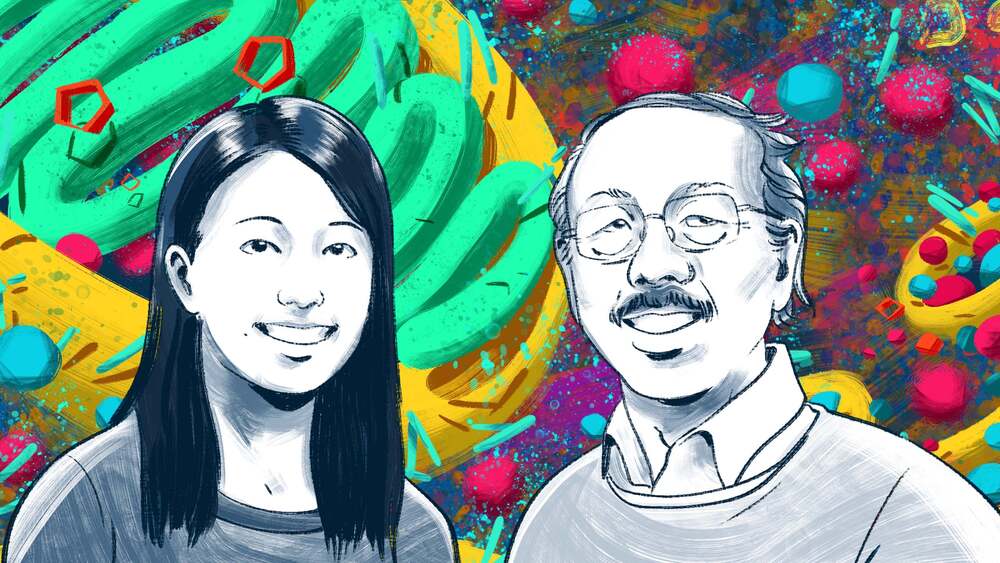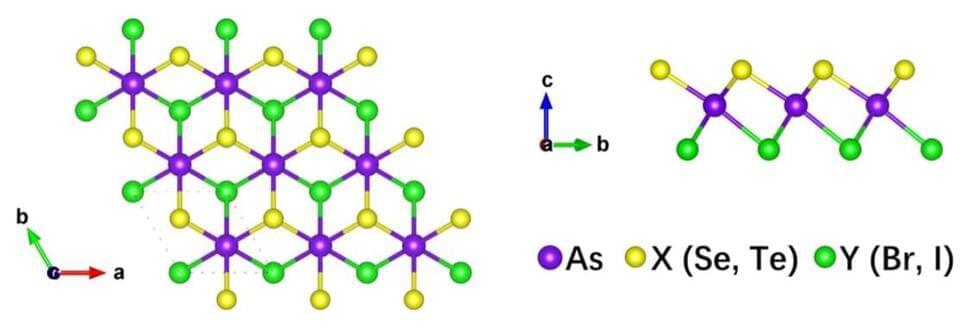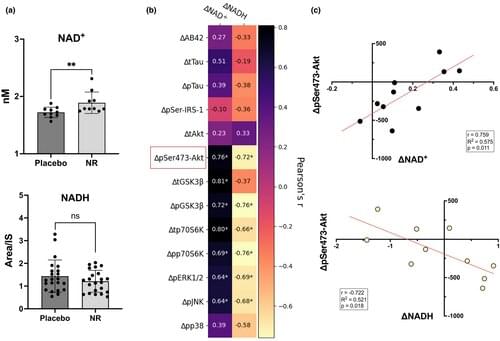When the universe’s first stars emerged from the cosmic dark ages, they ballooned to 10,000 times the mass of Earth’s sun, new research suggests.
Two Stanford researchers are using AI to compare healthy cells to unhealthy cells with mutations linked to Huntington’s disease.
“People on metformin have 30% lower rates of almost every kind of cancer. It delays cognitive decline. Even people with diabetes who are obese and have more disease to start with but are on metformin have lower mortality rates than people without diabetes who aren’t on the drug.”
What he says is born out in numerous studies. Overall, this safe, super-cheap, decades-old drug not only treats diabetes, but it also seems to delay and compress the years of chronic illness associated with the final stage of life and extend what geroscientists call the “healthspan.”
Metformin is just one of many medications, including other old ones and some brand new inventions, that academic researchers and biotech startups are exploring to slow, stop, or perhaps even reverse aging.
It is the one-year anniversary of Russia’s latest invasion of Ukraine. On the battlefield AI is assisting both sides in the fight.
Members representing 60 countries gathered in The Hague to discuss the legal and ethical consequences of AI’s use in the military.
By combining combine genetic and electrical engineering, scientists have developed a new technique for wiring electronics into living matter.
AI might not take your job any time soon, but companies are already using it to help them decide who to lay off.
That’s according to a November Capterra survey of 300 US human resources leaders, which found that 98% of respondents plan to use software and algorithms to help them make any layoff decisions in 2023.
While many companies have access to a wide range of employee data — including information on employee attendance, pay, and experience — the HR leaders said “skills” and “performance” data would be most likely to be used in a layoff decision, with 70% of the leaders saying each of these would be considered.
Several studies have predicted that the water splitting reaction could be catalyzed by certain groups of 2D materials—each measuring just a few atoms thick. One particularly promising group are named 2D Janus materials, whose two sides each feature a different molecular composition.
Through new calculations detailed in The European Physical Journal B, Junfeng Ren and colleagues at Shandong Normal University in China present a new group of four 2D Janus materials, which could be especially well suited to the task.
Since hydrogen releases an abundance of energy when combusted, with only water as a byproduct, it is now widely seen as an excellent alternative to fossil fuels. Splitting water molecules involves a redox reaction, where electrons and holes participate in reduction and oxidation reactions.
The more you know about mutations driving your cancer, the better your chances of finding the right treatments.
Even more, over 1 in 3 clinical trials require knowing your tumor profile.
If you want to know if you have a tumor mutation that can be targeted with specific treatments, register for xINFORM.
For the first time, a researcher at the University of Delaware College of Health Sciences in collaboration with a team at the National Institute on Aging, a division of the National Institutes of Health, has determined that the naturally occurring dietary supplement known as nicotinamide riboside (NR) can enter the brain.
The discovery was made by Christopher Martens, assistant professor of kinesiology and applied physiology and director of the Delaware Center for Cognitive Aging Research, and Dr. Dimitrios Kapogiannis, a senior investigator at the National Institute on Aging. The finding is significant because it supports the idea that NR, upon reaching the brain, can alter the metabolism of relevant biological pathways involved in neurodegenerative diseases like Alzheimer’s. Their work was recently published in the journal Aging Cell.
Upon consumption, NR is readily converted into nicotinamide adenine dinucleotide (NAD+), which is critical to cellular repair and the repair of damaged DNA.
The Vertiia’s box wing design reduces wingtip drag and ups aerodynamic efficiency, which will let it operate smoothly in urban environments.









